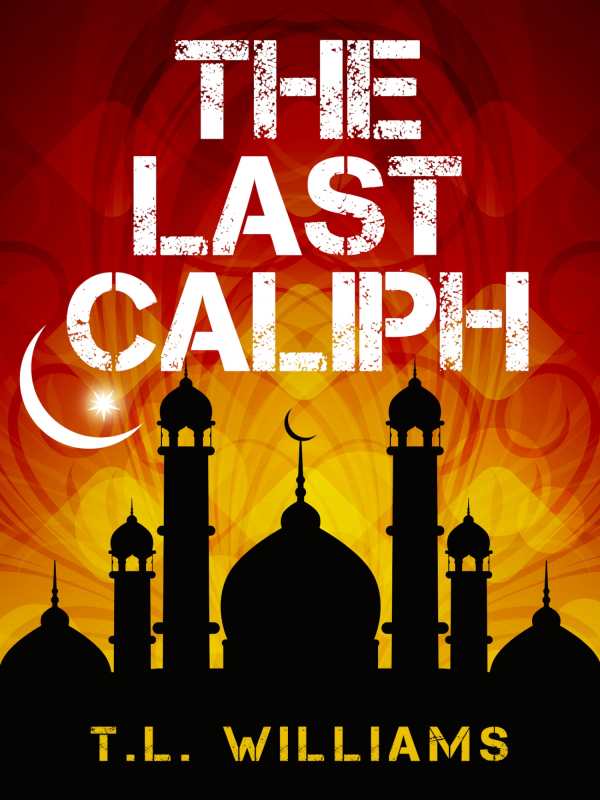The Last Caliph
The Last Caliph is a thoughtful thriller whose cast is illuminating in its diversity.
T. L. Williams’s The Last Caliph is a realistic military adventure that reveals the intricacies of American involvement in the Middle East.
Logan is a former Navy SEAL who has military contacts all over the world and experience in many clandestine operations. He’s afraid that his wife’s brother may be being radicalized by ISIS, and he decides to get involved, making use of his unique skill sets. Pretending to be a disaffected soldier, Logan attempts to infiltrate ISIS and get close to their leader, all while dealing with a major family trauma that threatens his marriage.
Logan is a competent yet humble lead. Experienced and intelligent, his motivations and ability to carry out his plans are well established, and his military knowledge is expertly portrayed. He’s decidedly less adept at handling his emotions, though. He and his wife Zahir are struggling after a late term miscarriage. Zahir is the story’s emotional touchstone, though expressions of her grief and sadness often feel rushed. Logan seems disconnected from his home life; he makes some unseemly decisions that are never dealt with, and their relationship feels unresolved.
Supporting characters include both friends and enemies, many of whom are Muslim, and all of whom are thoughtfully rendered and easy to imagine, if they are somewhat dimensionless beyond their connections to Logan and Zahir. The novel avoids stereotyping; the Muslim cast is diverse, expressing a variety of opinions on politics and religion. Their dialogue often sounds contrived, though, as it imparts technical or religious information. Discrimination against Muslims, especially after 9/11, is explored.
The novel takes place all over the world with a focus on the Middle East. History is inserted in location descriptions, deepening understanding of places and cultural attitudes. Regional details make it easier to understand the characters’ motivations, and stories of war-torn cities and fallen family members elicit sympathy.
The writing is direct and accessible, if impeded by erratically used quotation marks and italics. Military details are believable and the novel successfully portrays the complexity of undercover operations. Information is frequently repeated, and this slows the pace. The ending resolves the book’s plot lines, but characters who initially shared the task of narrating the story are in some cases abandoned, with only hasty descriptions of their fates to sate curiosity.
The Last Caliph is a pragmatic thriller enlivened by a diverse cast of characters.
Reviewed by
Delia Stanley
Disclosure: This article is not an endorsement, but a review. The publisher of this book provided free copies of the book and paid a small fee to have their book reviewed by a professional reviewer. Foreword Reviews and Clarion Reviews make no guarantee that the publisher will receive a positive review. Foreword Magazine, Inc. is disclosing this in accordance with the Federal Trade Commission’s 16 CFR, Part 255.

